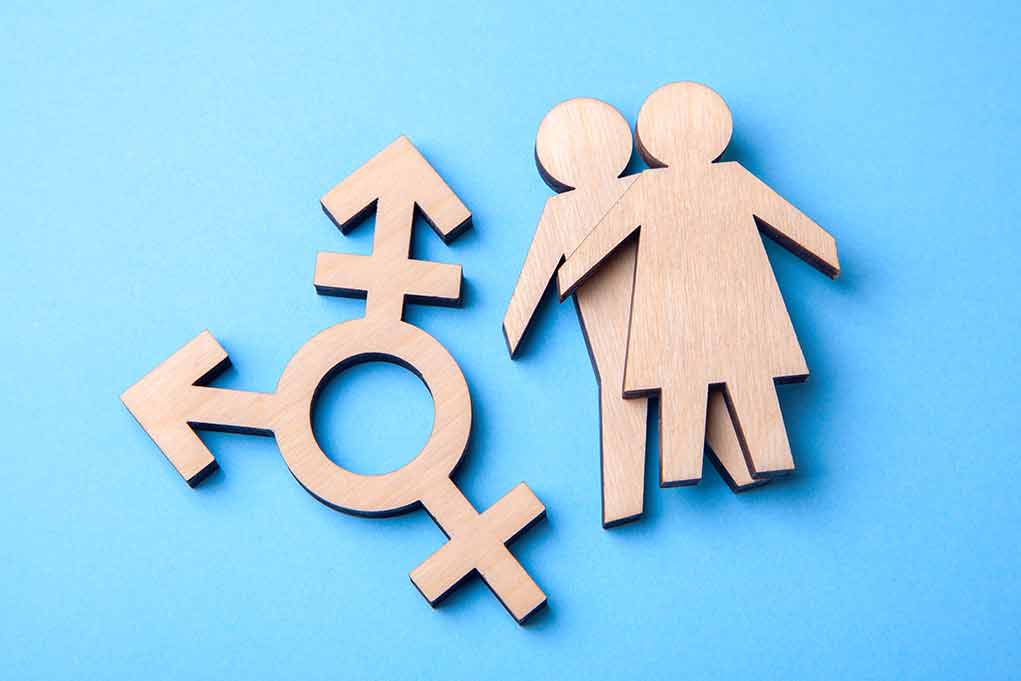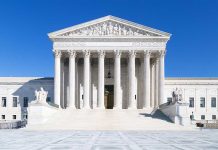
The Trump administration’s announcement to only recognize two biological sexes challenges the current understanding of gender identity in the U.S., setting the stage for a major policy shift.
At a Glance
- The Trump administration aims to redefine gender recognition to strictly biological terms, male and female.
- This policy could affect anti-discrimination laws and gender advocacy in the U.S.
- Trump’s administration proposes significant changes in healthcare and education related to gender-identity programs.
- LGBTQ+ communities and advocacy groups voice concern over potential impacts on rights and freedoms.
Redefining Gender Recognition Under Trump
The Trump administration intends to redefine gender recognition in the U.S. government, restricting it solely to biological determinants at birth — male and female. This decision is expected to impact legislation and ignite legislative battles over civil rights. The move follows Trump’s campaign rhetoric emphasizing traditional values, aligning legal standards with biological sex distinctions.
Conservative groups support this policy for aligning with their views on gender and sexuality, but it poses significant questions for an inclusive society. Emphasizing only biological sex could reshape societal norms, potentially influencing debates in education, healthcare, and much more. Critics argue this move risks eroding the progress made in recognizing gender identity beyond binary confines.
Broad Policy Initiatives and Future Impacts
The administration’s plans include banning gender-affirming healthcare for trans minors, removing transgender individuals from the military, and restricting local governments’ gender programs. Clinicians offering trans healthcare to minors might face exclusion from Medicare and Medicaid. Teachers who suggest alternative gender identities could also face repercussions, illustrating the administration’s commitment to its new agenda.
LGBTQ+ advocates are preparing to push back against these measures, emphasizing the potential rollbacks in hard-won rights. Many worry about the broader implications for anti-discrimination protections in employment, healthcare, and beyond. Trump’s administration further plans to eliminate “left-wing gender programs” from military training and remove DEI bureaucrats from higher education institutions.
Looming Legal and Social Challenges
As the policy unfolds, its potential to create legal and social challenges is increasingly clear. Schools promoting “gender ideology” may face federal funding cuts, while anti-DEI legislation could affect LGBTQ+ faculty members’ participation in academia. At AmericaFest, Trump reiterated his plans to formalize this policy by stating, “What we’re doing today is defining that it is the policy of the United States to recognize two sexes: male and female.”
For advocacy groups, this proposal signifies a need for unprecedented mobilization. The ACLU, alongside organizations such as GLAAD and the Human Rights Campaign, expresses concerns about the implications for freedoms and civil rights. They emphasize the importance of committing to equality and ensuring that progress towards LGBTQ+ inclusion is not reversed under this administration.











